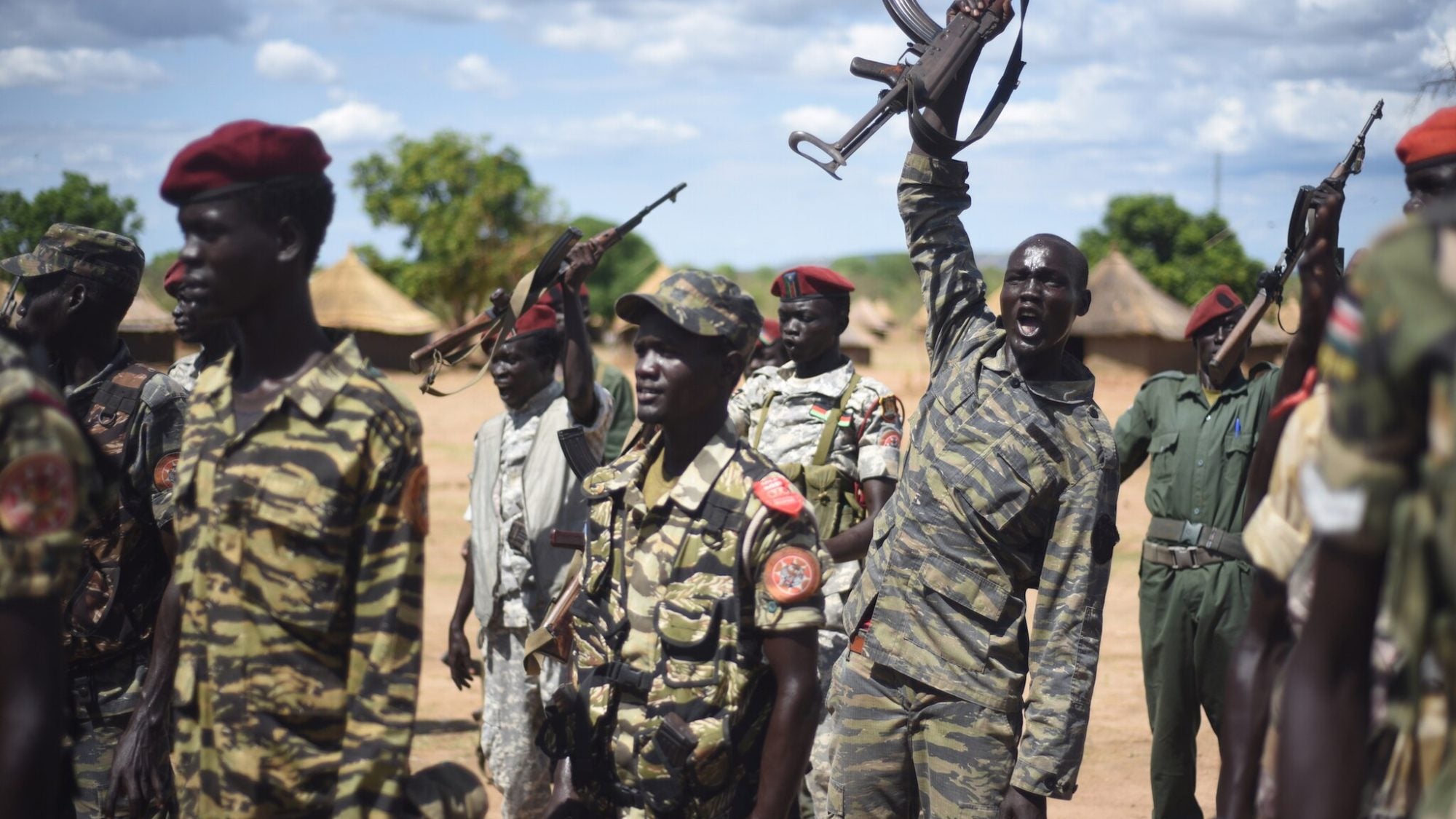
Title: South Kordofan: Sudan’s New Darfur
In May 2013, fighting between the Sudan People’s Liberation Movement-North (SPLM-N) and the Sudanese government intensified in Sudan’s South Kordofan region. Though both the rebels and the Sudanese government have committed severe crimes against humanity, the conflict remains virtually unknown to the Western public. If left unchallenged, it could turn into genocide, much like in Darfur.
Fighting began in June 2011. Both the government and the rebels wish to control South Kordofan, a region situated on the border between South Sudan and Sudan, which is extremely rich in natural resources and the only oil-producing state in Sudan. Civilians have endured much suffering due to the conflict. Last year throughout the month of November, the government intentionally burned down 26 villages as part of a scorched earth policy. This tactic was used during the Darfur genocide by the janjaweed militiamen, who burned huts, pillaged shops, and looted and shot those who stood in their way.
Just like in Darfur, Sudanese forces have been carrying out indiscriminate aerial bombardment and shelling in populated areas, killing and injuring civilians and causing serious damage to civilian property, while displacing over 900,000 people and forcing 250,000 more to seek refuge in South Sudan and Ethiopia. Moreover, governmental forces have arrested and placed in arbitrary detention civilians presumed to be involved with the rebels. The military has also submitted women and girls to sexual violence, forcing many of them to flee for refuge. The systematic rape of women and children, which many humanitarian agencies claimed was used as a weapon of ethnic cleansing, was also extensively used by the government and rebels in Darfur. The rebels are equally responsible for inflicting unjust suffering on the local populations.
In June 2013, the UN Special Rapporteur on the human rights situation in Sudan revealed that many displaced civilians lacked access to basic necessities, such as water and food, often because the government was blocking humanitarian aid agencies from delivering assistance. The Sudanese government applied a similar strategy in Darfur, where it prevented organizations from delivering services to hundreds of thousands of people.
There has been little international attention given to the crisis in South Kordofan due to a mixture of ‘Sudan fatigue,’ caused by the relative media attention ascribed to the country during the conflicts in Darfur and Southern Sudan, and the hope that both Sudan and South Sudan would establish peaceful relations after South Sudan seceded from Sudan in 2011. Western countries, including the United States, have focused more on establishing ties with South Sudan after its 2011 secession than on Sudan. China continues to be Sudan’s largest trade partner, importing around 70% of Sudan’s oil, while Sudan imports low-cost items and armament from China. However, China has maintained its policy of non-interference regarding the conflict in South Kordofan, despite the fact that a group of Chinese workers was kidnapped by rebels in the area in early 2012.
Unless significant international pressure is built, the Sudanese government will not relent in its fight, given South Sudan’s strategic importance and the rebels’ determination to obtain the region’s separation. The UN Security Council and the African Union Peace and Security Council should pressure the Sudanese government into stopping the fighting in South Kordofan and allowing aid to be properly delivered.
The international community must also pressure the rebels. In October 2013, The Enough Project put out a policy brief describing the Sudanese government’s denial of humanitarian agencies’ access to populations in need without highlighting the rebels’ atrocities. The omission of the rebels’ wrongdoings in such reports and policy statements fosters the creation of a false dichotomy of ‘evil versus good’ between the government and the rebels when, in reality, both parties are inflicting unjust suffering on civilians.
Image Credit: Jason Patinkin (VOA), Public domain, via Wikimedia Commons
This is an archived article. While every effort is made to conserve hyperlinks and information, GJIA’s archived content sources online content between 2011 – 2019 which may no longer be accessible or correct.
More News

We in the United States have long held one narrative of the Middle East—one of political instability, sectarian unrest, and oligarchs protecting great wealth in the hands of way too…

When the Georgetown Journal of International Affairs launched this online edition, I suggested that it address “human rights and human dignity.” Why dignity? As Anthony Clark Arend and I explore…

Georgetown professor Matthew Kroenig sat down with the Georgetown Journal of International Affairs to discuss his attendance at a recent meeting with Iranian President Hassan Rouhani in New York.